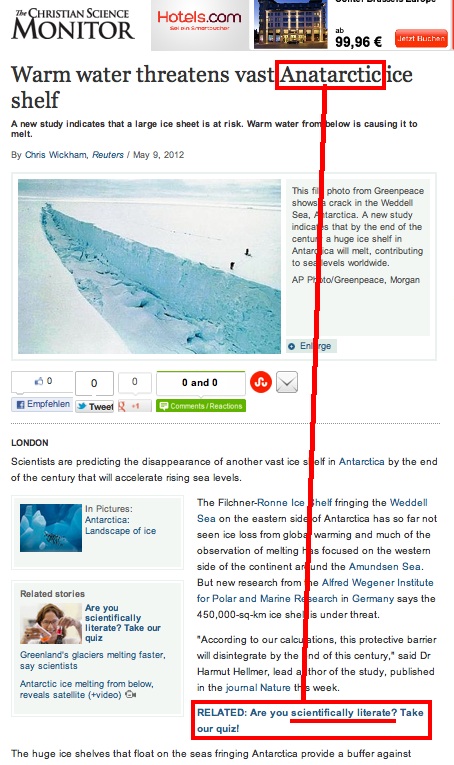Die Aporie (?p???a) beschreibt eine Ausweglosigkeit, Ratlosigkeit, eine Situation, die kein Auskommen und keine Auflösung anbietet, ein Verwirrnis und Abirren und generell, mit Heidegger gesprochen, die Holzwege, die beschritten werden müssen, um im Fortgang des Denkens ihre Unerquicklichkeit zu entbergen.
„The UN vote underscores that the world is run largely by thugs or, at best, people with limited moral vision. […]“
Ich schätze den Dialog sehr, den Austausch an Erfahrungen und Meinungen, die Herausforderung und das Infragestellen eigener und fremder Perspektiven, das mäeutische (µa?e?t???) Streitgespräch, das im besten Sinne Erkenntnis hervorbringt und im schlechtesten Falle lustvolle Volte und Replik, das Kreisen um und Versenken ins Gespräch, worin Fährten gelegt werden und falsche Spuren gelesen, wo Paralogien (pa???????) und Subtexte Kleinode freilegen und den bis dato für unerschütterlich befundenen Erfahrungsschatz subtil, sublim verrücken.
„Disgraceful! We should cut all foreign aid to countries that voted for this and ask the United Nations to remove themselves from our country within 90 days. There is no excuse for our influence to be this low in the world and is a direct reflection on the lack of ability of the president of the United States. Not only is he a traitor to this country but incompetent as well. The reputation of our country could never be lower.“
Wie aber kann in dieser Zeit der partikulären Diskurse, der algorithmisch bestimmten und fein säuberlich abgetrennten parteilichen Sphären, jener prokrastinativen Oase der Selbstbespiegelung und iterierenden Selbstbestätigung, in der jedwede Doxa (d??a) sich zum großen Narrativ auswächst und Weltdeutung und -auslegung frei von Kontrapunkt und Konterkarré, geschweige denn der Kakophonie der Begegnung, affixiert, reifiziert und darüber das Singuläre in der Vielstimmigkeit der einen Wahrheit vergessen macht, wie kann hierin noch das Andere vermittelt und ertragen werden? Alterität gerinnt zusehends zur Alienität, potentialisierte Unübersetzbarkeit.
„The UN is a useless organization. It has accomplished nothing in my lifetime. No war has been stopped. No terrorism has been stopped. No human rights have been protected. The UN is simply a collection of useless ambassadors who predominantly come from radical extremist countries. The only thing the UN is good for is causing traffic jams in NYC and blatantly violating every law and regulation in NYC as well as giving a voice to terrorists and dictators. We would be better off without the institution.“
Was aber sind kommunikative Parallelismen, Kommentare ohne Transfer und Brückenschlag anderes als Amphoren anstelle von Metaphern (µetaf??a?), als Gefäße, die gleichermaßen einfassen und ausschließen, platonischer Dialogizität ermangeln, Idiosynkrasien und Idiolekt, Monolog und Monotonus, welche der Stimme gebrechen und in sich verkehrt bleiben, gekränkt, verkrümmt, egomanisch um sich kreisen und letztendlich – unauflöslich, stumm, aporetisch?
„So it means now that Palestine terrorists are now recognised and endorsed by the useless corrupt UN.“
(All quotes taken from reader comments on this New York Times article on the recognition of Palestine as „nonmember observer state“ by the United Nations General Assembly on 29 November 2012.)

